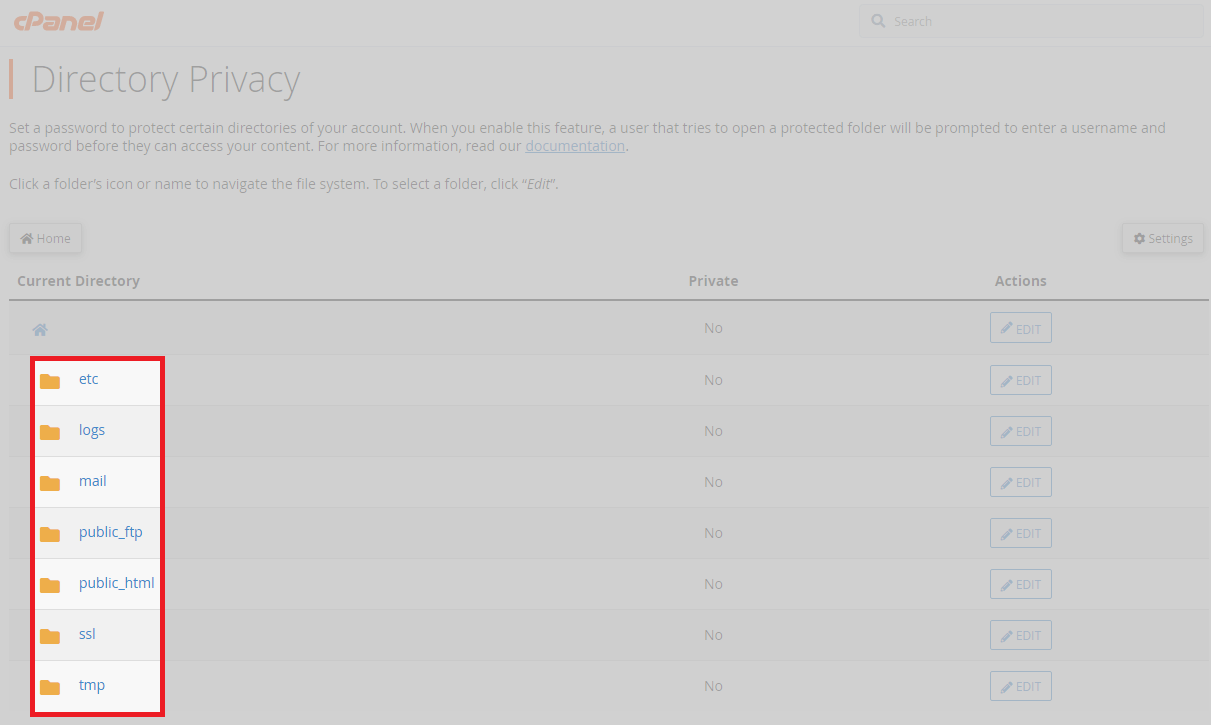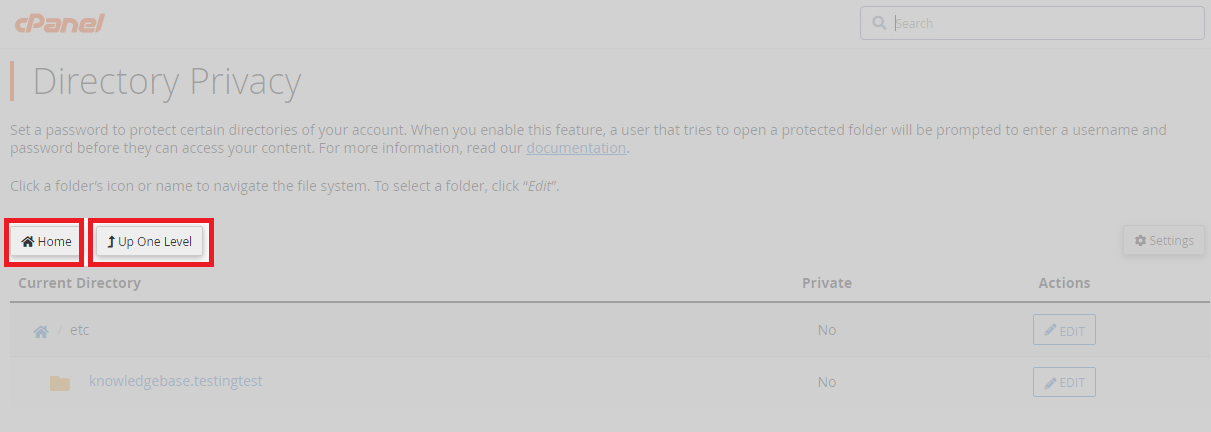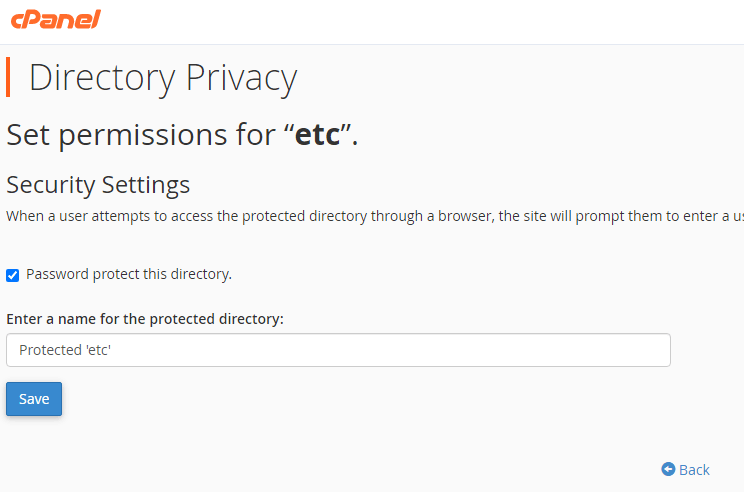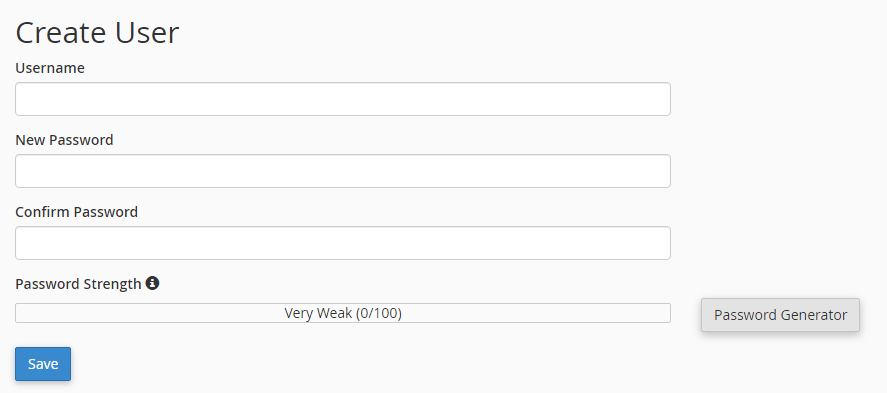How do I password protect a folder?
If someone shares secure data by mistake, this could cause serious repercussions to them, and the business they work for. In most cases, we (humans) are our own worst enemy. Most secure data “incidents” occur due to human error.
Unfortunately, there are many criminal entities that exist solely to obtain compromised sensitive information. This technique known as business email compromise focuses on using Phishing techniques to get at files and folders. Whereas if the files and folders are password protected, they would require a password to open.
Example of accidental deletion.
One of the most prominent examples happened nearly 14 years ago. When an external consulting agency lost a USB drive containing over 80,000 files on prisoners within HM Prisons.
The drive was in an insecure area of the business and likely lost or stolen. This led to a financial loss of millions in contracts for the consulting firm. Seriously damaging their reputation. Afterward, it is likely they made significant changes to their security policies, including password-protected folders and encrypting contents to secure against unauthorized use.
Why password protect folders?
When you password-protect files or password protect a folder, you protect a folder or the files contained within. Impeding any criminal activity relating to lost or stolen files.
It is sometimes unnecessary to password protect entire folders. For instance, some information contained within may be less restricted. In this case, it would be better off to password protect individual files, this would ensure only the select file would require a password.
What is directory privacy?
All of our cPanel customers can use the directory privacy utility. This feature is inbuilt into cPanel software and allows you to password protect directories when accessed via a URL. You might have a few reasons for wanting to do this, if you’re running a WordPress you could use this feature to lock access to your /wp-admin page or any page on your site.
This provides another layer of authentication and gives you a little more peace of mind. Password protecting a directory also means that you can restrict sensitive information to yourself or other “higher level” users.
Password protection in cPanel
- Firstly, login to cPanel account.
- After, head to the file section and click on directory privacy.

- Once, you entered the directory privacy area, you can enter individual directories (folders) by clicking on them, you will also notice the files.

- Now, to get around the tool easier, you can use either the home or up one level buttons. These let you easily navigate through all the files.

- Afterwards, to begin editing a directory, click the edit button on the right to select its properties.
- Once, you have begun editing a directory, click the checkbox labelled password protect this directory.

- Enter a name for the protected directory. From here, you can enter a name for the protected directory (folder).
- Finally, click save to apply all the changes to the directory.
Adding a user to the directory (folder).
- Firstly, after completing the above set-up, click on the go back button.
- From here, you can create a user with access to the now secured directory or folder.

- Afterwards, create a username and use the password generator to make a unique passphrase.
- Finally, click save. If the contents are secured, then a lock will appear on the folder and yes in the private column.
